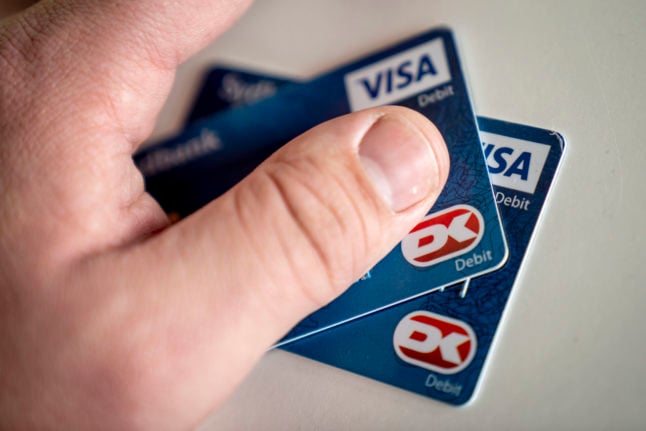If you work for a company in Denmark, you may already be on a private plan provided by your employer. You could also be paying directly into a labour market pension – contributions for this are shown on your payslip.
Meanwhile, the Danish state provides a pension to its residents, which is not related to employment.
The Danish pension system is based around three main types. By logging into Pensionsinfo using your secure login (NemId at the time of writing, soon to be replaced by MitID), you can easily check the status of all you pensions.
State sponsored pension (folkepension)
The folkepension is state-provided and not related to your employment.
To qualify for the basic state-sponsored folkepension, you must have a permanent address in Denmark, have live in Denmark for at least three years between your 15th birthday and retirement age, and be a Danish citizen.
If you are not a Danish citizen, however, you still qualify for this pension if you have lived in Denmark for at least 10 years between the age of 15 and retirement age. Citizens of EU and EEA countries and Switzerland, as well as the United Kingdom, qualify without Danish citizenship, as do some refugees.
If you have lived and worked abroad, you can still qualify for the Danish pension, but the amount you will receive is affected by factors including how many years you worked abroad and how many years you have lived in Denmark. If you are entitled to state pensions from other countries, the periods for which you qualify for the foreign pension will not be eligible for the Danish pension.
Because of a 2017 law change, the age at which you can retire and take out a folkepension depends on when you were born, with the retirement age scheduled to increase incrementally in coming years.
People born after 1966 will be able to retire when they are 69 years old, while those born before 1954 can retire aged 65.
You can see the relevant breakdown of retirement ages here.
Denmark also allows you to delay withdrawing your pension. This enables you to earn a venteprocent or ‘waiting percentage’, increasing the monthly payout when you do withdraw it. You apply for this via the borger.dk website.
The state pension consists of a basic element (grundbeløb), which everybody gets, and a supplement (pensionstillæg), which is adjusted according to whether you live alone or with a spouse or partner.
The state pension can also be adjusted downwards if income from the two other types of pension is higher.
ATP (Arbejdsmarkedets Tillægspension)
ATP pensions are a supplementary labour market pension scheme which nearly everyone in Denmark pays into. Deductions are automatically taken out of your paycheck – you can see them on your pay slips.
You only pay a third of your ATP pension contribution while working – you employer pays the other two thirds.
You can read in detail (in Danish) about tariffs, deductions and other factors which determine the ATP pension payout here.
READ ALSO: EXPLAINED: How to understand your Danish payslip
Your ATP pension will be automatically paid into your current account or NemKonto when you reach retirement age. The amount you receive depends on how much you have paid in through the course of your working life, and also when you paid it – earlier deposits result in higher pension payouts.
You can check how much ATP pension you can expect to receive at any time by logging into to your account via borger.dk.
Private or individual pension
Anyone in Denmark can join a private pension scheme, and if your company offers a private pension programme, then you will also see line items on your pay slips for employer and employee contributions.
There are a range of different companies and pension options which you can choose to pay into individually, and you should carefully consider which best suits you.
For those discussing private options with an employer, you and your advisor will consider personal and family situation and how comfortable you are with the various options before making a final decision.
If you think that you will leave Denmark before you retire, you should mention this to your pension advisor to discuss your options. You will generally be able to take the pension with you, but you will have to pay high taxes if you take the money before retirement age.
Source: borger.dk
READ ALSO: Feriepenge: Denmark’s vacation pay rules explained



 Please whitelist us to continue reading.
Please whitelist us to continue reading.
Member comments